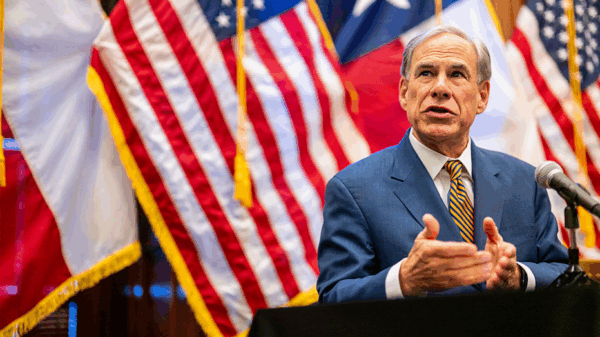UPDATE: A new executive order from President Donald Trump just announced a staggering $100,000 application fee for H-1B visas, plunging consulting firms into a deepening talent crisis. This immediate change is set to escalate competition for skilled workers and could drive firms to accelerate offshoring to maintain staffing levels.
The H-1B program, a critical pathway for US employers to hire foreign skilled workers, has become a focal point for consulting firms like Deloitte, EY, and Accenture. Nearly 50% of H-1B applications are linked to “professional, scientific, and technical services,” which primarily includes consulting roles. With this dramatic fee increase, industry leaders are voicing urgent concerns about their ability to attract and retain the talent necessary to compete in today’s market.
James Ransome, a partner at Patrick Morgan, emphasized that this new directive amplifies existing challenges. “For many firms, the H-1B route has been a steady pipeline for mid-level consultants with strong technical skills, roles that are difficult to fill at scale in the US,” he stated. This change adds further friction at a time when competition for talent is already intense.
Data from the U.S. government reveals that between 2022 and April 2025, Deloitte employed 7,535 H-1B visa holders, making it the 11th largest employer of H-1B workers in the country. At Accenture and EY, the numbers are also significant, with 5,862 and 5,298 H-1B visa hires, respectively, representing nearly 10% of their US workforces.
As firms grapple with this new financial burden, experts suggest that major players will likely absorb some of the costs to maintain operational stability. However, they may also pivot their staffing models to adapt to the evolving landscape. Ransome pointed out that smaller consulting firms without the infrastructure to rely on foreign hubs will bear the brunt of this change.
With an urgent need for tech talent driving the consulting industry, firms will likely face intensified competition for data scientists and other technical specialists. Tom Rodenhauser, a consulting analyst, noted that the executive order could make offshoring more appealing. “Consulting is mobile; firms can relocate resources to bypass disruptions caused by the visa situation,” he explained.
The trend of offshoring has gained traction as firms enhance their offshore capabilities, particularly in countries like India and Mexico. The reliance on these hubs has increased as AI technology reduces the demand for junior roles in the US. In August, leaked internal documents indicated that PwC planned to cut graduate hiring by a third over the next three years, citing increased integration of their offshore delivery centers.
As consulting firms reassess their balance between onshore and offshore operations, this executive order will likely expedite their strategic shifts. Ransome noted that nearshore locations such as Canada, particularly Toronto, will become increasingly attractive due to their proximity to major US cities.
The implications of this new H-1B visa fee are profound, particularly for mid-sized firms that lack the resources to navigate these changes effectively. The consulting landscape is entering a critical juncture, with potential disruptions looming as companies scramble to adjust their talent acquisition strategies.
Stay tuned for more updates on this developing story and its impact on the consulting industry.








































































